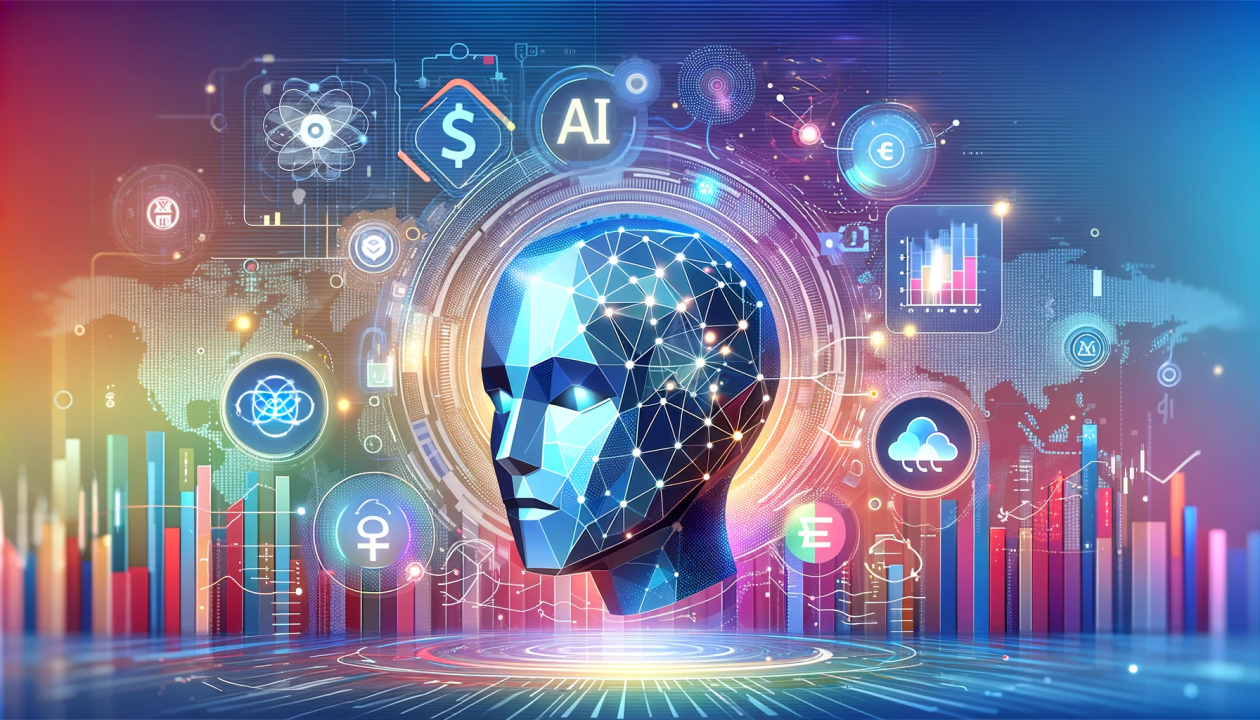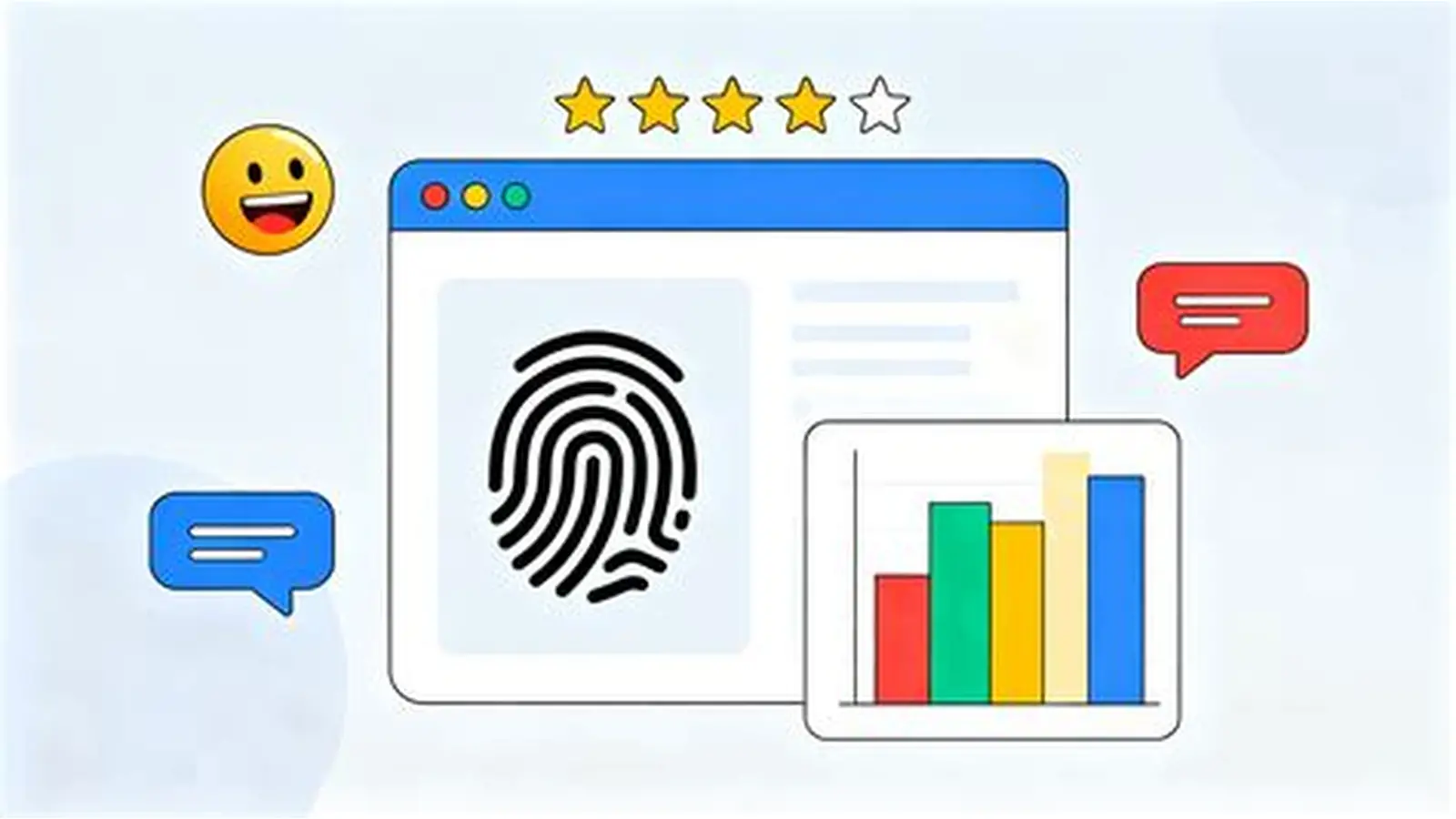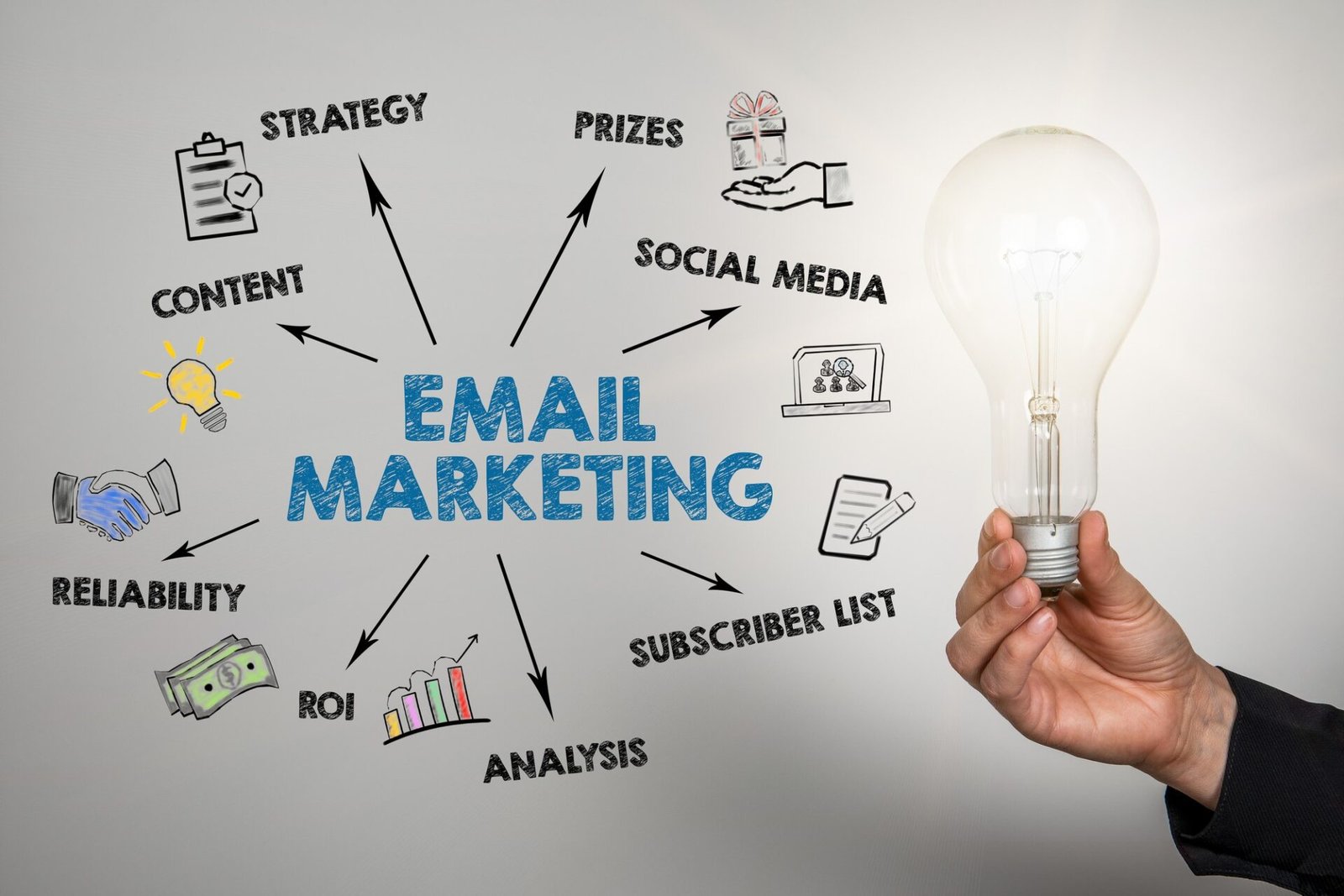Artificial intelligence (AI) is revolutionizing digital marketing, offering unprecedented opportunities to personalize campaigns, optimize performance, and make smarter decisions. From predictive analytics to automated content creation, AI tools are helping brands reach the right audience at the right time. Understanding the role of AI in digital marketing is essential for businesses that want to stay competitive in 2025 and beyond.

Enhancing Personalization
Personalized experiences drive engagement and loyalty. AI enables marketers to deliver content, offers, and recommendations tailored to individual users.
How AI Powers Personalization:
-
Analyzes user behavior to suggest relevant products or services.
-
Dynamically customizes email content based on past interactions.
-
Predicts preferences and adjusts campaigns in real time.
-
Improves user experience with personalized website layouts.
AI makes marketing feel more human by delivering relevant messages at exactly the right moment.
Automating Campaigns and Processes
AI reduces the manual workload of marketers by automating repetitive tasks and streamlining campaign management.
Automation Applications:
-
Programmatic advertising to optimize bids and placements.
-
Chatbots for instant customer support and lead generation.
-
Automated social media posting and monitoring.
-
Workflow automation for email sequences and campaign triggers.
Automation allows teams to focus on strategy and creativity while improving efficiency and consistency.
Leveraging Predictive Analytics
Predictive analytics uses AI to forecast future trends, behaviors, and outcomes. Marketers can make proactive decisions instead of reacting to past data.
Predictive Analytics Benefits:
-
Identifies high-value leads and potential churn risks.
-
Forecasts customer demand and seasonal trends.
-
Suggests the most effective marketing channels.
-
Optimizes content and ad targeting for maximum ROI.
With predictive insights, campaigns become smarter and more effective, reducing wasted spend.
Creating Smarter Content
AI tools can assist in content creation, ensuring relevance and engagement across platforms.
Applications of AI Content:
-
Generates product descriptions, blog posts, and social media updates.
-
Optimizes headlines and copy for SEO and user engagement.
-
Suggests topics based on audience interest and search trends.
-
Personalizes content at scale for different audience segments.
AI empowers marketers to produce high-quality content faster while maintaining relevance and creativity.
Improving Ad Targeting
AI enhances digital advertising by analyzing vast amounts of data to target the right audience with precision.
Ad Targeting Enhancements:
-
Uses machine learning to identify audiences most likely to convert.
-
Adjusts ad placements in real time for optimal performance.
-
Reduces ad spend on low-performing campaigns.
-
Increases CTR and ROI through smarter targeting strategies.
By focusing on high-value segments, AI makes advertising more cost-effective and impactful.
Enhancing Customer Insights
AI can process massive amounts of data to uncover actionable insights about customer behavior, preferences, and trends.
Applications for Customer Insights:
-
Analyzes social media sentiment to gauge brand perception.
-
Monitors website behavior to identify pain points.
-
Tracks engagement patterns across channels.
-
Supports decision-making with data-driven recommendations.
Deeper insights allow marketers to craft strategies that resonate and convert.
Enabling Voice and Visual Search Optimization
With intelligent voice assistants and visual search tools growing, marketers must adapt content to meet new search behaviors.
AI in Search Optimization:
-
Understands natural language queries for better voice search results.
-
Analyzes images for visual search relevance.
-
Provides insights into search trends and user intent.
-
Optimizes content to match emerging search technologies.
Artificial intelligence ensures your brand remains discoverable as search evolves.
Measuring and Optimizing Campaign Performance
AI simplifies performance analysis and offers actionable recommendations for improvement.
Performance Optimization Techniques:
-
Tracks KPIs in real time across channels.
-
Detects anomalies or underperforming campaigns automatically.
-
Suggests changes to targeting, bidding, or creative.
-
Forecasts ROI for future campaigns using historical data.
Continuous optimization ensures marketing efforts remain effective and efficient.
Conclusion
The role of AI in transforming digital marketing is undeniable. By enhancing personalization, automating tasks, improving targeting, and providing actionable insights, machine learning empowers marketers to deliver smarter, more efficient campaigns. Brands that embrace AI technology will gain a competitive edge, create meaningful customer experiences, and achieve measurable growth in the evolving digital landscape of 2025.










